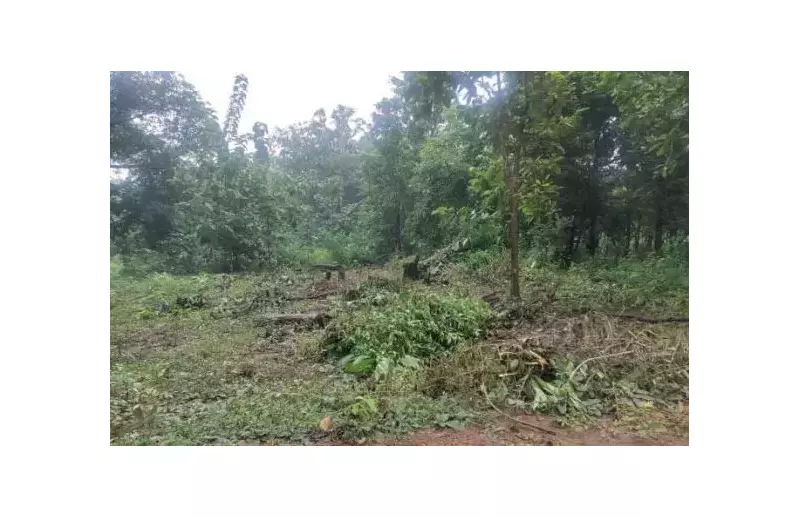
A major environmental crisis is unfolding at Odisha's prestigious Similipal Tiger Reserve, with conservationists raising alarms about serious violations within its protected eco-sensitive zone. The Youth United for Sustainable Environment has filed a formal complaint with the Ministry of Environment, Forest and Climate Change, highlighting multiple threats to this crucial ecosystem.
Detailed Allegations of Environmental Damage
Santanu Kumar Bhukta, managing trustee of the environmental organization, has documented extensive damage to the reserve. His complaint identifies rampant unregulated construction, widespread tree felling, unauthorized borewell installations, and indiscriminate plastic waste dumping in the protected region. The ministry has since forwarded the complaint to the state forest department, demanding an immediate explanation and action under environmental laws.
Similipal represents one of India's most significant conservation areas, spanning over 2,750 square kilometers and serving as both a UNESCO Biosphere Reserve and a Project Tiger site. The reserve hosts Odisha's largest populations of elephants and tigers, including the exceptionally rare melanistic tigers that make this ecosystem globally important.
Legal Framework and Ongoing Violations
Despite its ecological significance, the area remains vulnerable due to the unfinalized draft ESZ notification issued in January 2019. Bhukta's complaint specifically points to large-scale resort construction between Pithabata gate and Lulung, commercial tree felling, and borewell setups established without mandatory clearance from the Central Ground Water Board.
The environmental activist has provided photographic evidence supporting these allegations. His complaint references the Supreme Court's April 2023 judgment that mandates strict adherence to 2011 ESZ guidelines and prohibits commercial activities within 10 kilometers of protected areas. It also cites the MoEFCC's office memorandum dated May 17, 2022, which clearly outlines clearance protocols for projects in eco-sensitive zones.
Accountability and Conservation Imperative
Bhukta alleges that local forest officials, including the DFO Baripada and field director of Similipal, have failed to enforce environmental norms, allowing violations to continue unchecked. "The absence of a zonal master plan, required under the draft notification, has created regulatory ambiguity concerning tourism and construction activities," Bhukta stated.
He emphasized that the notification explicitly states that no new hotels or resorts should be permitted within 1 kilometer of the sanctuary boundary, and any development beyond this limit must conform to a Tourism Master Plan. The environmentalist has urgently appealed to authorities to finalize the ESZ notification, enforce existing guidelines, and halt further construction to preserve the sanctuary's ecological integrity.
The ministry has forwarded the complaint to the Principal Chief Conservator of Forests in Odisha, requesting a thorough examination and action report. A copy has been provided to Bhukta to ensure transparency in the process. As Similipal faces mounting pressure from tourism and development interests, environmentalists warn that delayed action could cause irreversible damage to one of India's most vital forest ecosystems.





